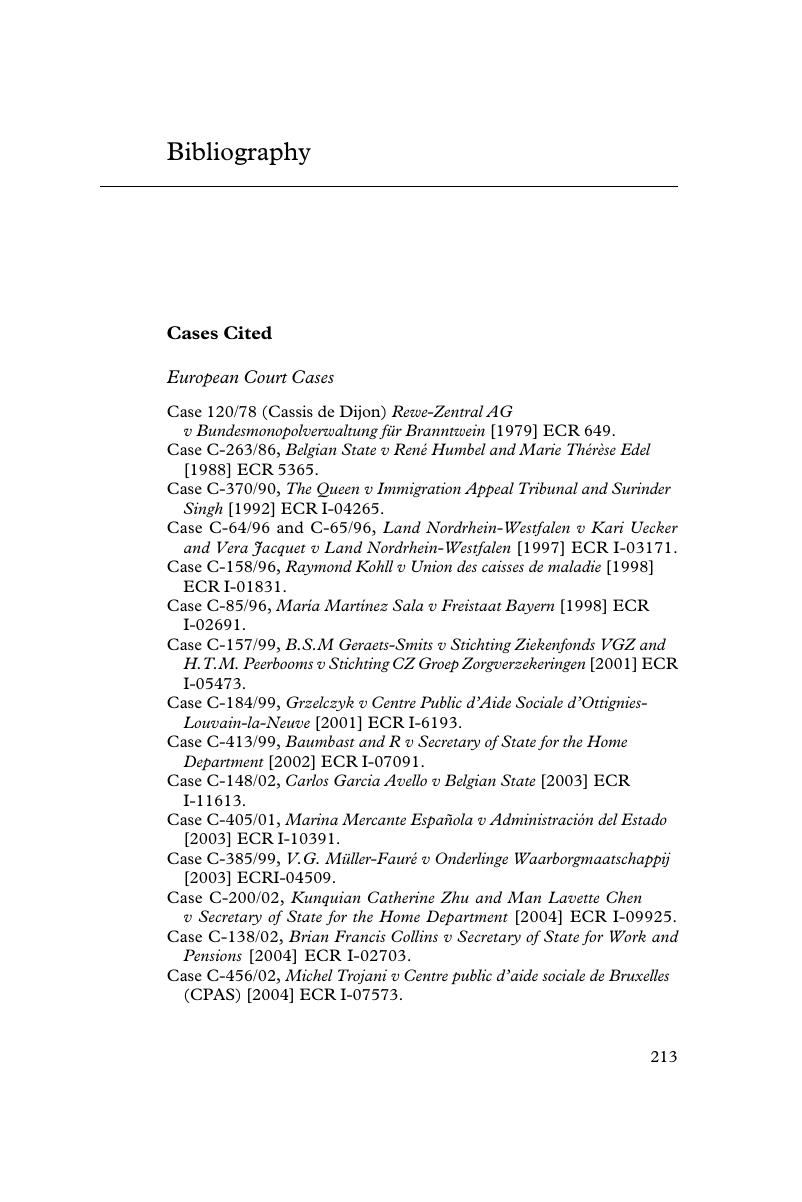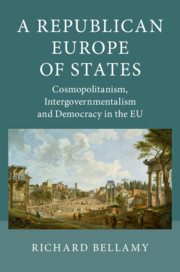Book contents
- A Republican Europe of States
- Additional material
- A Republican Europe of States
- Copyright page
- Dedication
- Contents
- Preface and Acknowledgements
- Introduction: Democratic Legitimacy and International Institutions – Cosmopolitan Statism, Republican Intergovernmentalism and the Demoicratic Reconnection of the EU
- Part 1 Cosmopolitanism, Statism and Republicanism: Democracy, Legitimacy and Sovereignty
- Part 2 A Republican EU of Sovereign States: Republican Intergovernmentalism, Demoicracy and Non-Domination
- Conclusion: The Global Trilemma, the Future of the EU and Brexit
- Bibliography
- Index
- References
Bibliography
Published online by Cambridge University Press: 25 January 2019
- A Republican Europe of States
- Additional material
- A Republican Europe of States
- Copyright page
- Dedication
- Contents
- Preface and Acknowledgements
- Introduction: Democratic Legitimacy and International Institutions – Cosmopolitan Statism, Republican Intergovernmentalism and the Demoicratic Reconnection of the EU
- Part 1 Cosmopolitanism, Statism and Republicanism: Democracy, Legitimacy and Sovereignty
- Part 2 A Republican EU of Sovereign States: Republican Intergovernmentalism, Demoicracy and Non-Domination
- Conclusion: The Global Trilemma, the Future of the EU and Brexit
- Bibliography
- Index
- References
Summary

- Type
- Chapter
- Information
- A Republican Europe of StatesCosmopolitanism, Intergovernmentalism and Democracy in the EU, pp. 213 - 237Publisher: Cambridge University PressPrint publication year: 2019



